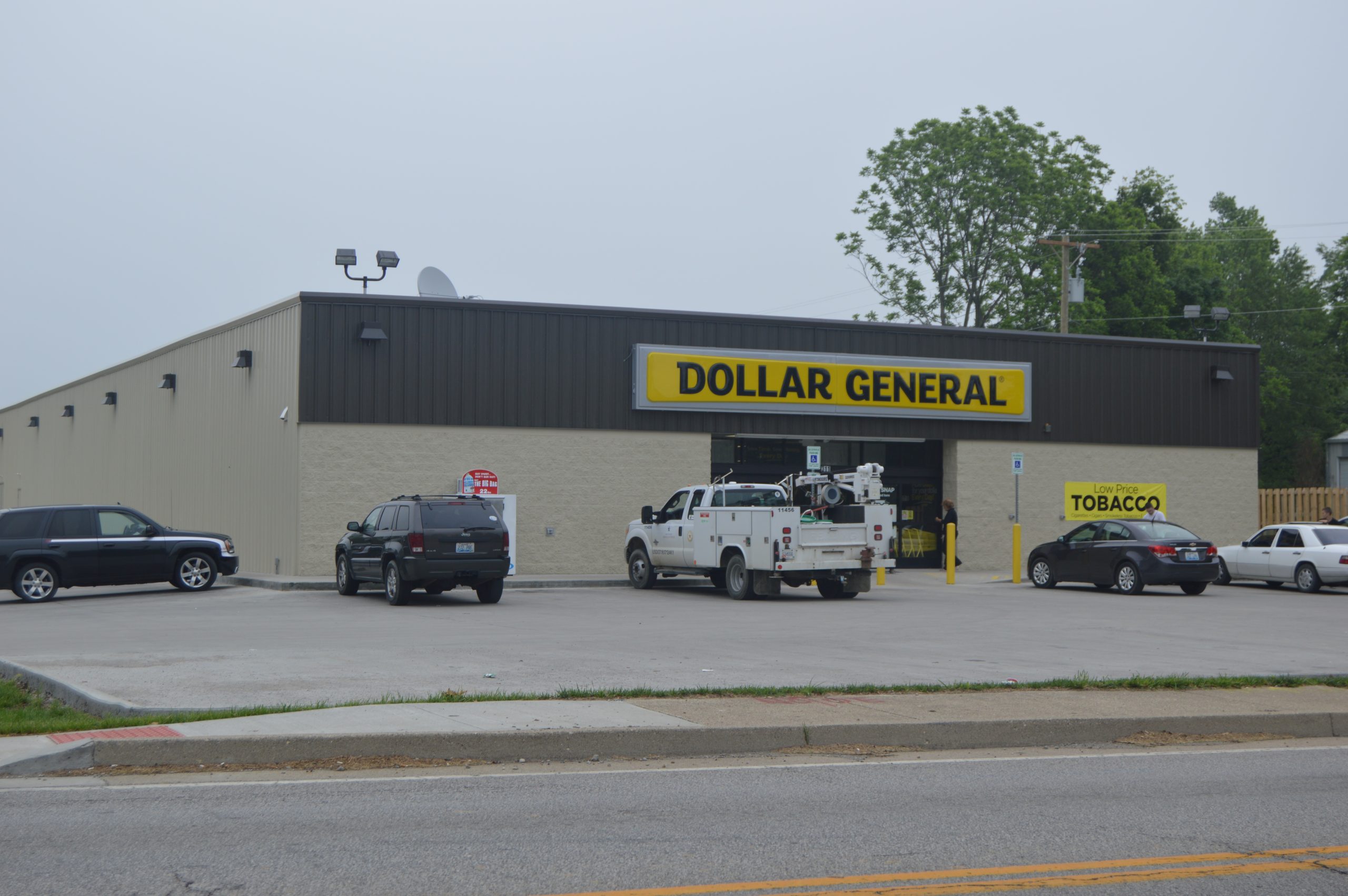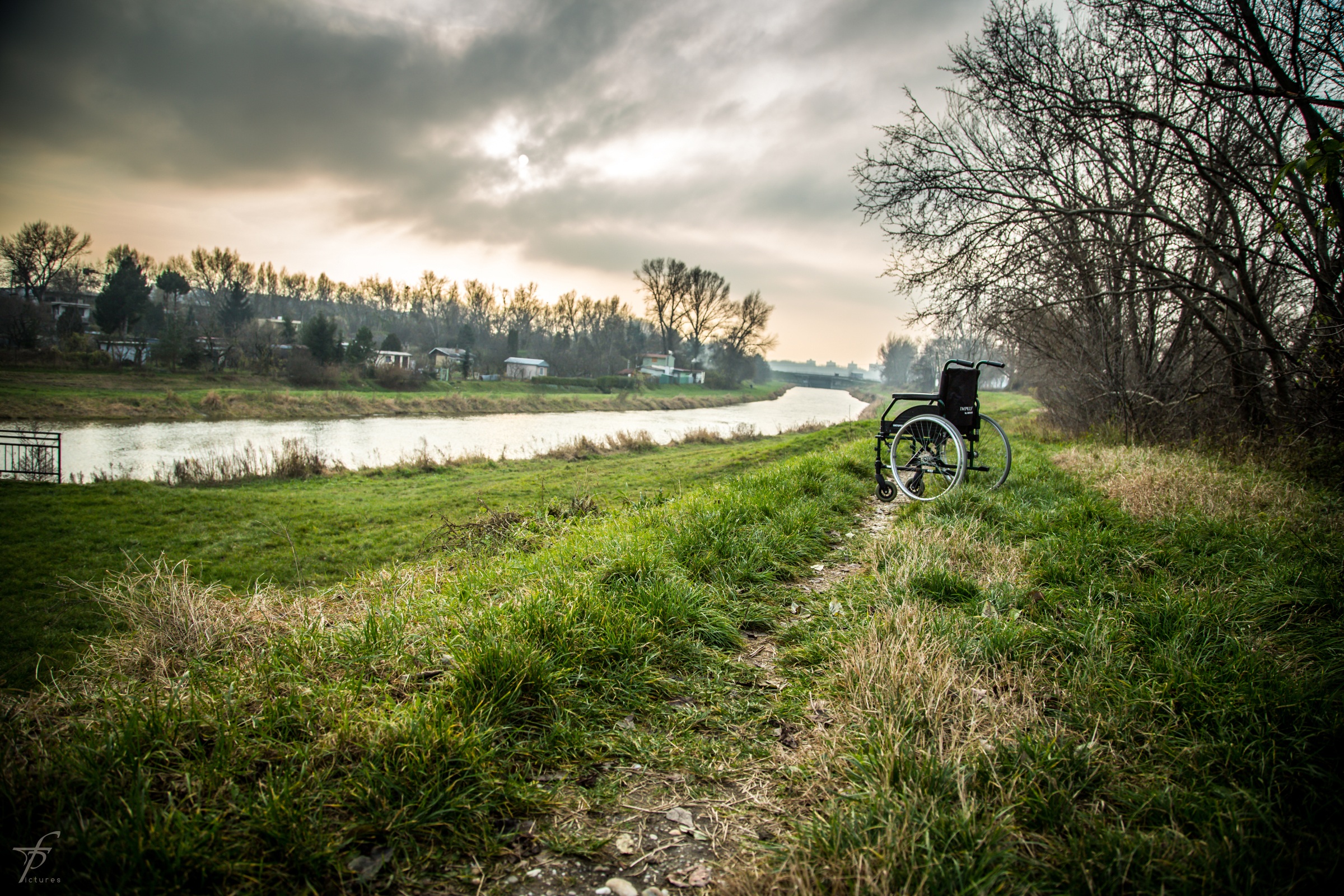 While holding the owner responsible for a dog’s behavior is typically the norm, most reasonable people would know not to approach a barking dog in a gated residence. However, Demetrious Frazier found himself at odds with Luke Difulco after being bitten by one of his dogs while performing his work duties at their home. The following lawsuit answers the question; if you approach a barking dog and it bites you, is the owner liable for your injuries?
While holding the owner responsible for a dog’s behavior is typically the norm, most reasonable people would know not to approach a barking dog in a gated residence. However, Demetrious Frazier found himself at odds with Luke Difulco after being bitten by one of his dogs while performing his work duties at their home. The following lawsuit answers the question; if you approach a barking dog and it bites you, is the owner liable for your injuries?
Frazier was an employee of the City of Alexandria and worked as a meter reader. He visited the Difulco’s home one afternoon to read their residential meter. As he approached the gate, two dogs began barking, followed by Luke Difulcot’s son, Daniel, who came outside to greet Frazier. Although Daniel offered to kennel the dogs for Frazier’s comfort, he entered through the gate without responding, and the ten-year-old black Labrador bit him on the hand.
In contrast to Daniel’s testimony, Frazier claimed that he saw no evidence of a dog when he approached the Difulco’s residence and entered through the gate to check the meter. After entering the gate, he was attacked by a dog, and then a second one approached him. Frazier received workers’ compensation and medical payments from his employer, and he sought additional damages against Luke Difulco through the lawsuit subject of this appeal.
 Insurance Dispute Lawyer Blog
Insurance Dispute Lawyer Blog


 While a settlement can be a beneficial way to end a legal dispute, it can have long-lasting implications. If you are considering signing a settlement agreement and release, you must understand the possible effects of entering into such an agreement. A prior settlement agreement and release could result in a dismissal of a future lawsuit you bring against a party on the other side of the settlement agreement. The following lawsuit shows why one should carefully review any settlement agreement before signing. Otherwise, you may suffer harsh consequences.
While a settlement can be a beneficial way to end a legal dispute, it can have long-lasting implications. If you are considering signing a settlement agreement and release, you must understand the possible effects of entering into such an agreement. A prior settlement agreement and release could result in a dismissal of a future lawsuit you bring against a party on the other side of the settlement agreement. The following lawsuit shows why one should carefully review any settlement agreement before signing. Otherwise, you may suffer harsh consequences. If you slip and fall over an item that has fallen at a store, you might think that you will be able to recover for your injuries in a lawsuit against the store. However, it is not enough to simply show that you slipped and fell. Instead, you must show that the store knew about or created the condition that caused you to slip and fall. Because Lilly Edwards could not show this, the court dismissed her lawsuit against a Baton Rouge, Louisiana, Dollar General store.
If you slip and fall over an item that has fallen at a store, you might think that you will be able to recover for your injuries in a lawsuit against the store. However, it is not enough to simply show that you slipped and fell. Instead, you must show that the store knew about or created the condition that caused you to slip and fall. Because Lilly Edwards could not show this, the court dismissed her lawsuit against a Baton Rouge, Louisiana, Dollar General store. Premises liability is an active area of personal injury law, and accidents occurring on public property are no exception. The question often arises, who is liable for a slip and fall on a public sidewalk? In this case, the Louisiana Third Circuit Court of Appeal was asked to determine the premises liability of the town of Lake Arthur for a fall occurring on a public sidewalk built and maintained by this public entity.
Premises liability is an active area of personal injury law, and accidents occurring on public property are no exception. The question often arises, who is liable for a slip and fall on a public sidewalk? In this case, the Louisiana Third Circuit Court of Appeal was asked to determine the premises liability of the town of Lake Arthur for a fall occurring on a public sidewalk built and maintained by this public entity. Employment law disputes are very fact-specific inquiries. Judges, especially workers’ compensation judges, are typically well-equipped to handle these cases. But when a judge mishandles the facts or misinterprets the law having an excellent attorney in your corner helps in the appeal process. For the
Employment law disputes are very fact-specific inquiries. Judges, especially workers’ compensation judges, are typically well-equipped to handle these cases. But when a judge mishandles the facts or misinterprets the law having an excellent attorney in your corner helps in the appeal process. For the  Everyone can picture a grocery store on a busy day. The aisles are congested, and workers are hurrying to replace products on the sales floor. There may be stocking carts blocking walkways. Who is responsible if a shopper trips over a worker’s cart and injures herself? What about if the worker and the shopper knew the cart was there?
Everyone can picture a grocery store on a busy day. The aisles are congested, and workers are hurrying to replace products on the sales floor. There may be stocking carts blocking walkways. Who is responsible if a shopper trips over a worker’s cart and injures herself? What about if the worker and the shopper knew the cart was there? In a bizarre turn of events, an attempt to get unpaid wages from a Terrebonne Parish video store owner turned violent and led to the appeal discussed below. The appeal delved into the standards that Louisiana courts consider when it comes to repeated violations of their pretrial orders. The case below answers the question; Can a Louisiana court impose a default judgment for failure to obey pretrial orders?
In a bizarre turn of events, an attempt to get unpaid wages from a Terrebonne Parish video store owner turned violent and led to the appeal discussed below. The appeal delved into the standards that Louisiana courts consider when it comes to repeated violations of their pretrial orders. The case below answers the question; Can a Louisiana court impose a default judgment for failure to obey pretrial orders? Recovering from an automobile collision is already a difficult journey. Sometimes physical recovery does not occur in a straight line, and intermediate accidents can complicate the process. This was especially true for Alexandria resident Mr. Maricle.
Recovering from an automobile collision is already a difficult journey. Sometimes physical recovery does not occur in a straight line, and intermediate accidents can complicate the process. This was especially true for Alexandria resident Mr. Maricle.  Courts often rely on motions for summary judgments to avoid the costly and time-consuming reality of going to trial and presenting a case in front of a jury. Motions for summary judgment are when one party asks the court to decide the case based on the current facts alleged in their favor. Courts should grant these motions when there are no facts in dispute for the jury to resolve. But how much evidence does a party have to present to survive one of these motions? A case out of New Orleans shows that, in some cases, just having medical records could be enough to deny a motion for summary judgment.
Courts often rely on motions for summary judgments to avoid the costly and time-consuming reality of going to trial and presenting a case in front of a jury. Motions for summary judgment are when one party asks the court to decide the case based on the current facts alleged in their favor. Courts should grant these motions when there are no facts in dispute for the jury to resolve. But how much evidence does a party have to present to survive one of these motions? A case out of New Orleans shows that, in some cases, just having medical records could be enough to deny a motion for summary judgment.  Nothing is more tragic than the loss of life. However, that loss can be tempered somewhat if insurance is in place that provides some financial compensation. While money cannot substitute for the loss of love and companionship that a spouse gives, it can at least provide some help with the bills and, therefore, one less thing to worry about when grieving. But what happens when the insurance company refuses to pay your claim? The following lawsuit in Tangipahoa, Louisiana, discusses these issues in the context of a car accident, uninsured motorist coverage, and the refusal of State Farm to pay the claim.
Nothing is more tragic than the loss of life. However, that loss can be tempered somewhat if insurance is in place that provides some financial compensation. While money cannot substitute for the loss of love and companionship that a spouse gives, it can at least provide some help with the bills and, therefore, one less thing to worry about when grieving. But what happens when the insurance company refuses to pay your claim? The following lawsuit in Tangipahoa, Louisiana, discusses these issues in the context of a car accident, uninsured motorist coverage, and the refusal of State Farm to pay the claim.